Contents
A dental compressor is a device that provides compressed air to any equipment requiring compressed gasses. It supplies the needed pneumatic power by many dental units and other devices, such as:
Air syringe, Air/water syringe, Air/water sprayer, Evacuator tip, and Irrigator tip.
In dentistry, the need for compressed air arises from removing debris and moisture from the operative field and powering various dental instruments. This requires a compressor that is constantly providing compressed air.
Factors When purchasing a dental air compressor
Factors When purchasing a dental air compressor
1. Horsepower
An important aspect to consider when buying a dental air compressor is the size of the motor.
The term “horsepower” refers to how powerful the engine of a car, boat, or any other device is.
In the case of dental air compressors, you should consider buying an air compressor with at least 2 HP (horsepower).
2. Capacity
To determine the capacity of an air compressor, you need to know two things:
- The maximum PSI (pounds per square inch) that the compressor can generate
- The CFM rating of the compressor
It refers to how much air can be moved per minute by the compressor.
You should look for an air compressor with a CFM rating of at least 10.
3. Air Quality:
The dental air compressor should produce 95% or higher clean, dry air.
It is also imperative that you choose a dental air compressor that has sound reduction technology or is built with low vibration components.
This will ensure it runs smoothly and quietly to distract the dentist or assistant during operating hours.
4. Auto-start/stop function:
You should consider buying an air compressor that comes with an auto-start/stops feature since this will be very useful if the power goes out.
When the power is restored, the compressor will automatically start up again.
5. Noise Level:
Noise is a factor that should also be considered when purchasing an air compressor for your dental office.
You don’t want to have a dental unit in the operatory and operate it at high pressure while being distracted by the noise coming from the compressor. You must purchase a quiet one, as this will allow you to concentrate better during surgery.
6. Portable vs. Stationary
A stationary air compressor comes with wheels and is usually placed on a mobile cart, efficiently transporting it from one room to another if needed. The downside of this type of unit is that you cannot put it under a sink or move it outside your practice because of its weight and need for a good water source.
A portable air compressor is ideal for mobile dentists and small offices because it can be placed under a sink, rolled outside the office, and plugged into an electrical outlet. It’s also lighter than a stationary one and doesn’t require a constant water source.
7. Maximum Working Pressure:
The maximum working pressure refers to how much pressure the air compressor can maintain during operation without losing performance or overheating. If the maximum working pressure is high, the compressor will be more expensive.
8. Tank Size:
The size of the water storage tank determines how long the air compressor can work without having to be refilled.
As a general rule, more giant tanks are better because they will allow you to operate your dental units for more extended periods without having to refill them with water.
9. Service & Maintenance:
A good-quality dental air compressor should have an oil-free pump. This unit does not require maintenance or service and usually has a 1-year warranty on parts and labor. These units typically come with a pre-filter that needs to be cleaned regularly to improve performance while extending their life span.
10. Oiled vs. Oil-Free:
An air compressor that does not require oil is the best choice for dental applications.
Oiled units are usually less expensive but are not recommended for use in the dental operatory because they produce a mist of lubricating oil when running. This type of air compressor also requires regular maintenance and service.
Oil-free air compressors are more expensive, but they are the best choice for the dental operatory because they don’t produce any oil mist.
Maintenence tips for Dental Air compressor
Maintenence tips for Dental Air compressor
- Clean the unit regularly to remove any dirt or particles accumulated inside.
- Change the pre-filter every six months or when it’s dirty, whichever occurs first.
- Replace the air filter cartridge every year even if it doesn’t appear dirty because the pores get clogged easily and reduce airflow.
- If you use your Dental Air Compressor for other purposes besides dentistry (for example, to inflate tires), then change its oil at least once a year to ensure that it delivers high performance during dental procedures only.
- Make sure that all moving parts are well lubricated before using them for an extended period to prolong their life span and improve their performance over time.
- Monitor the compressor’s temperature to ensure that it exceeds the maximum working pressure. If it does, you should turn it off and allow it to cool before using it.
- Keep a spare air filter cartridge on hand if the one you are using becomes clogged and needs to be replaced.
- Check the expiration date of the refrigerant gas tanks before use and replace them when they expire.
Final Notes
Final Notes
1. Warranty:
The warranty on a dental air compressor is not essential because most of them have the same 1-year warranty for parts and labor included in the price.
It’s also doubtful that you will need to use it because these units don’t have many moving parts that can break off easily.
2. Price:
The price of a dental air compressor should not be the determining factor when purchasing one.
You should focus on the crucial features for your practice, such as noise level, tank size, service and maintenance, auto-start/stop function, etc., and then select the unit with the best combination of these features.
Always pay attention to the specifications and features essential for your dental practice, such as noise level, the capacity of the tanks, maintenance, and service included in the price. These things should guide you when choosing a high-quality air compressor for your dental operation.


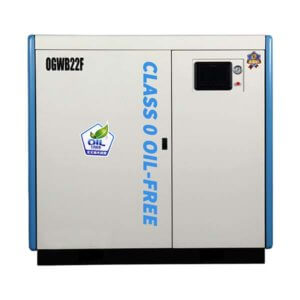
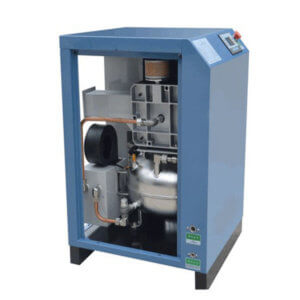
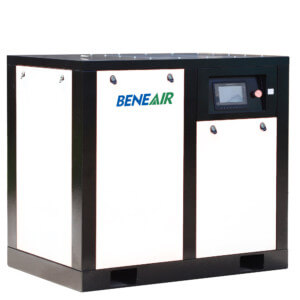
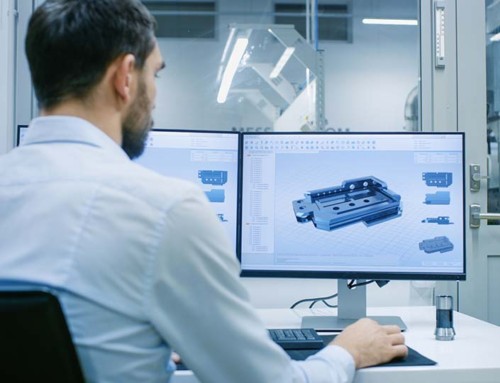

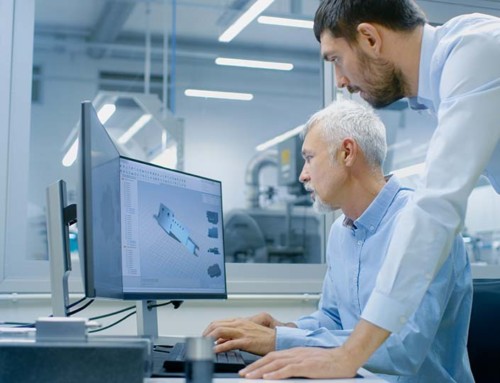
Leave A Comment